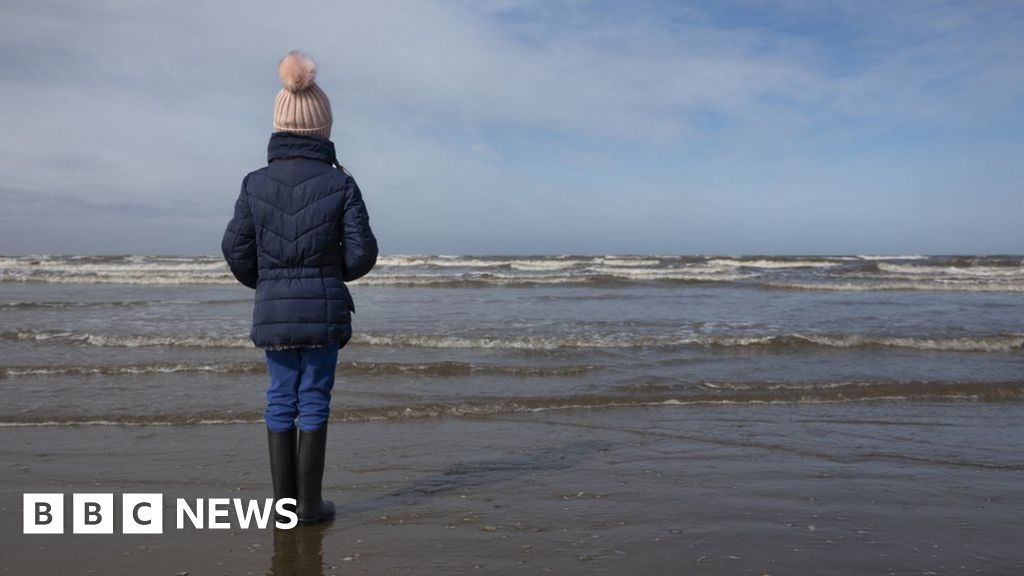The Cass Review, and what we can do about it
The UK government is making decisive moves toward banning trans healthcare outright. The NHS says it is adjusting its policies to be in line with the "cass report", a pseudoscientific report written by a transphobe that goes as far as to claim that little boys playing with trucks and little girls playing with dolls is biological, and which disregards dozens of scientifically sound previous studies into HRT and trans healthcare in order to reach its conclusions that trans healthcare for under 25s should be effectively eliminated.
This is genocidal. These moves will kill countless young trans people. I would not have made it to 25 if healthcare wasn't available and I know so many other trans people wouldn't have either.
The mainstream reporting in the UK is keeping itself ideologically cohesive by claiming that trans people exist, nobody hates them, and they're very rare, and the big problem is the explosion of new cases of not-really-trans people who are clogging up the system (this is a lie, the system has been intentionally slowed by malicious neglect, it isn't even a resource issue, the clinics have far more capacity than the number of patients who are let through)
Once again, this is genocidal and is actually a commonplace methodology of genocide. The nazis asked GRT people to help them understand which Traveller families were "real" travellers and which were the fake ones, since they insisted it was only the fake ones who were the problem and who had to be exterminated (because a lot of nazi GRT policy was based on American indigenous reservation policy).
Labour, the main opposiiton party in the UK, has announced it will "follow the Cass Report", and implement these restrictions on trans healthcare once in government.
For the survival of young trans people, robust community structures must be developed immediately.
Efforts to change the electoral situation will proceed at a snail's pace and will be entirely at the whims of what is politically expedient. It will turn around, but it will take a long time. At the voting level, everyone in the UK who cares about trans people needs to make it clear that they won't vote for Labour unless they reverse position on this, and to be clear about this: Labour will not listen. They are PR Brained Psychopaths and they don't want to get into this "controversial" issue in a way that might cost them further popularity and the easy election win.
Wes Streeting, inhuman lab experiment and Labour Shadow Health Secretary has said that activists need to "stop protesting to ask us to be better opposition and start protesting to ask us to be better government", in other words their electoral promises are cynical reactionary bargains and deals to get them into power and the only point at which they will change anything is once they are in government, if at all. I know this sounds very "push Biden left" but I'm not saying give up now - to repeat, everyone who cares about trans people in the UK should tell Labour to get fucked right away, and then keep doing it as loudly as possible, but it's just not going to change until after the general election at least.
Another way to help could be through legal routes, like the work that The Good Law Project has been doing for trans people for several years now, but I don't know enough about the law to know if it can be used to challenge this at all.
We have to accept there is no electoral solution right now to this genocidal campaign against trans people in the UK, and while those efforts are ongoing trans people and cis allies need to fucking organise. Trans exclusive / separatist organising is riddled with issues, I don't want to cast hopelessness around but there are really very few of us and while it's absolutely necessary to privilege trans voices in trans organising and give us the deciding power and the autonomy, we need to utilise the support and time and labour of every cis person who is willing to help in whatever way they can.
Robust community structures means community structures that are helping young trans people get healthcare as an absolute basic starting point, but it means a lot more than that besides. We need community structures that are consciously organised by people who are taking responsibility for the community roles they are in and being completely explicit with each other about the nature and function of their organising. We need HRT community resources so young trans people can survive this medical segregation, we need drug user harm reduction spaces so that what people turn to in despair doesn't kill them, we need sober spaces so that people can get away from unhealthy coping responses, we need conflict resolution structures so that our problems are dealt with privately and nobody is left completely isolated, but more than any of those things, and in order to have all of those things, we desperately need trans assemblies
Assemblies are how we will get a community of robust radical organisers, because only by repeatedly practicing the ongoing process of democracy can people learn how to do it in a way that will facilitate their own organising. We have to empower the whole community to answer our own questions, come up with solutions, organise people into structures to enact those solutions and then do them. All this means is that an open door event convenes frequently (at least fortnightly) to discuss what is happening in the community. Trans people get the mic for allotted time, and discuss the issues, and then whatever voting structure the assembly uses facilitates further discussion, for example through working groups - the assembly breaks into smaller groups to discuss the topic and then representatives report the outcomes of those discussions back and consensus is reached from what the representatives report.
We have to get people engaging in this process because in order to effectively combat this situation trans people must agree on the solutions and then tell cis allies how to help and so far we haven't been doing that. We really really haven't been. But we could be with a little work. And as I'm saying, doing this will also empower everyone in the community to organise toward specific solutions for specific issues like HRT provision, sober spaces, housing, food, etc.
I'll have more to add to this post later I have to get to therapy I just got really mad when I saw the news this morning











